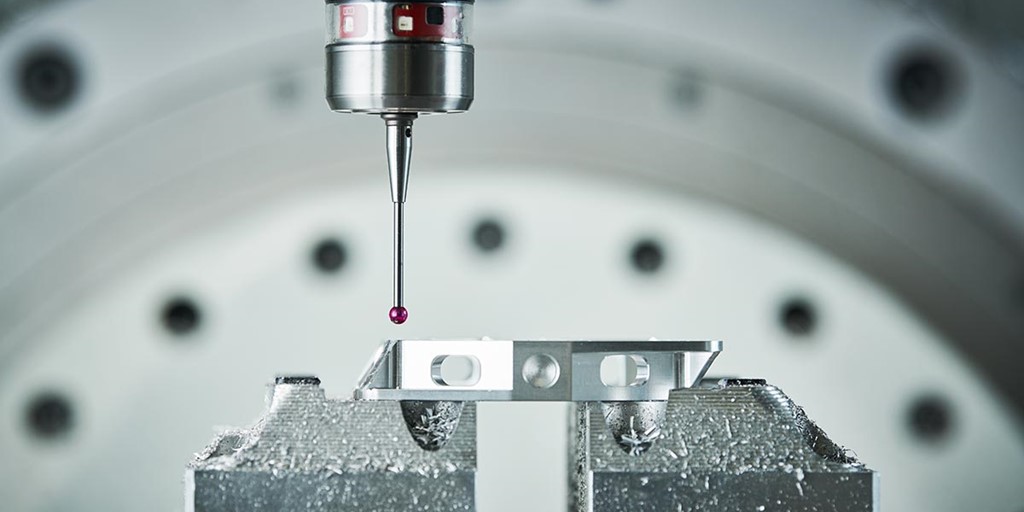In today’s advanced technological era, barrier coatings in electronics are playing an increasingly crucial role in enhancing the reliability and longevity of electronic devices. As the demand for robust and durable electronics rises, the importance of these coatings cannot be overstated. Whether it’s protecting the sensitive components of smartphones or ensuring the durability of large industrial machines, barrier coatings are integral to the modern electronics industry.

What are Barrier Coatings?
Barrier coatings are thin layers applied to the surfaces of electronic components to protect them from environmental factors such as moisture, dust, and chemicals. These coatings ensure that the delicate inner workings of electronic devices are shielded from external disturbances, thereby enhancing performance and extending device life.
Why are They Important in Electronics?
The electronics industry faces continuous challenges from environmental conditions, including humidity, temperature fluctuations, and exposure to harmful chemicals. By employing high-quality barrier coatings, manufacturers can mitigate these risks, safeguarding the efficiency and operational continuity of their products. This is particularly important for exporters and importers who deal with global distribution and require that devices withstand various climates and shipping conditions.
For example, a study on electronics prototyping reveals the vital role of these coatings in maintaining prototype integrity during development and field testing phases.
Types of Barrier Coatings
1. Conformal Coatings
Conformal coatings are applied as a protective film that fits closely to the surface of the electronic components. They are commonly used due to their excellent protective properties against moisture and dust.
2. Parylene Coatings
Parylene is a unique type of coating that is vacuum-deposited onto electronic components. Known for its high degree of uniformity and moisture resistance, it is especially effective in sensitive applications.
3. Epoxy Coatings
Epoxy coatings are robust and provide strong resistance against chemicals and physical impact. These coatings are ideal for environments that demand high durability.
Applications of Barrier Coatings
Consumer Electronics
Devices such as smartphones and laptops benefit significantly from barrier coatings, ensuring prolonged life and consistent performance despite daily wear and tear.
Industrial Equipment
For large-scale machinery and industrial electronics, coatings play a pivotal role in preventing operational failures caused by harsh environmental conditions. Businesses delve into solutions related to instrument design.
Automotive
The automotive industry relies on electronic coatings to protect sensors and control systems, which are vital for modern vehicle operation and safety, especially under varied climatic conditions encountered globally.
Trends in Barrier Coating Development
Advancements in materials science are pushing the boundaries of barrier coatings. With a focus on sustainability and efficiency, new coatings are being developed to offer higher performance with minimal environmental impact.
Advanced Materials
Researchers are exploring the use of nanomaterials to enhance coating properties, offering improved durability and functionality.
Environmentally Friendly Options
Eco-friendly coatings, which aim to reduce environmental footprint, are becoming increasingly popular among manufacturers committed to sustainable practices.

FAQ
1. How do barrier coatings benefit electronic devices?
They protect electronics from moisture, dust, and chemicals, ensuring longer device life and reliability.
2. Are all barrier coatings the same?
No, they vary in material and application, tailored to specific environmental challenges and device requirements.
3. Can barrier coatings be removed?
Yes, certain types can be removed if necessary, though it’s best performed by a professional to avoid damage to the components.
Barrier coatings are more than just a protective measure; they are a crucial part of the modern electronics manufacturing process. For those involved in global distribution, understanding and implementing these technologies can significantly benefit the longevity and performance of their products. Interested in how smart manufacturing impacts electronics? Explore our insights on smart manufacturing impacts and its link to effective solutions.


